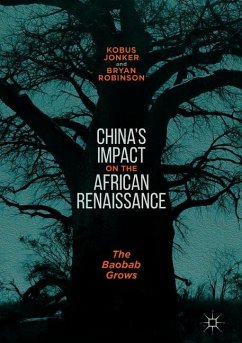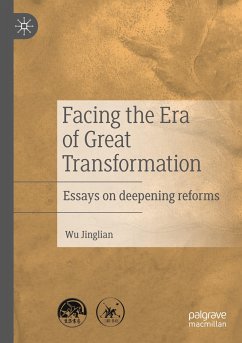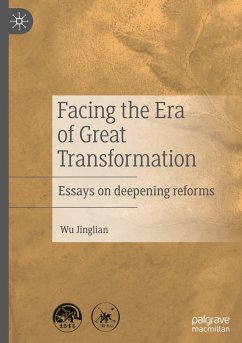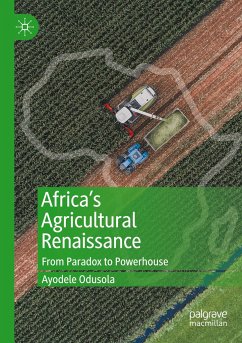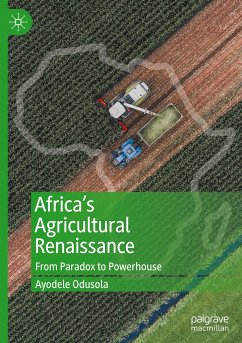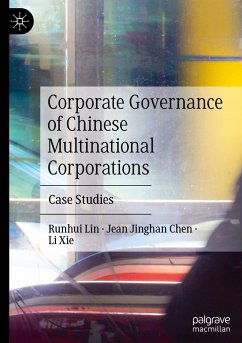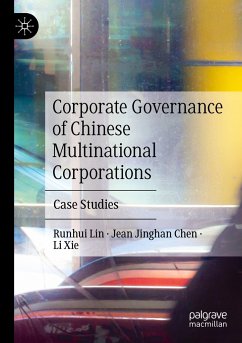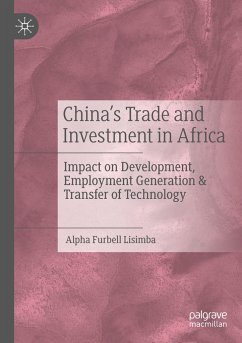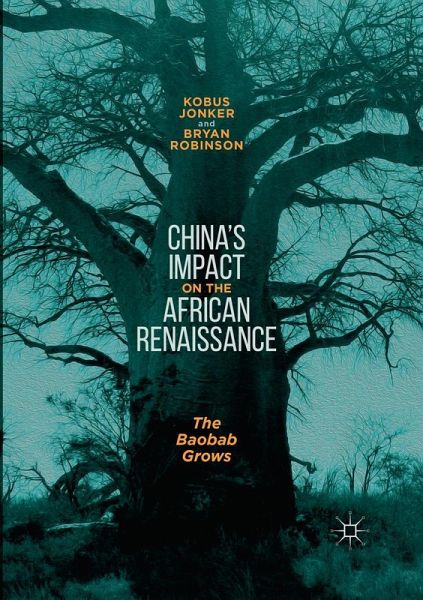
China's Impact on the African Renaissance
The Baobab Grows
Versandkostenfrei!
Versandfertig in 6-10 Tagen
65,99 €
inkl. MwSt.
Weitere Ausgaben:

PAYBACK Punkte
33 °P sammeln!
This book provides the first comprehensive academic study of what China's trade with, and investment in, African countries mean for the socio-economic well-being of the continent. Based on the African Tree of Organic Growth Framework developed in the book, Jonker and Robinson outline the factors necessary in realizing Africa's Renaissance vision and the impact that the Chinese might have on this process. Using the metaphor of the Baobab tree, the authors analyze the historical, cultural and economic contexts within African countries, the channels available to produce development and growth, an...
This book provides the first comprehensive academic study of what China's trade with, and investment in, African countries mean for the socio-economic well-being of the continent. Based on the African Tree of Organic Growth Framework developed in the book, Jonker and Robinson outline the factors necessary in realizing Africa's Renaissance vision and the impact that the Chinese might have on this process. Using the metaphor of the Baobab tree, the authors analyze the historical, cultural and economic contexts within African countries, the channels available to produce development and growth, and the fruits or social and economic well-being created by this integrated process. The book takes readers on a journey of numerous African examples and case studies, describing and analyzing the challenges and complexities of countries in their desire to achieve organic, cultural, scientific and economic renewal, and the improvement of the well-being of their citizens. This book will be of great value to economists, people who wish to do business in Africa, China-watchers, those who are following the development and growth of Africa, and more.





